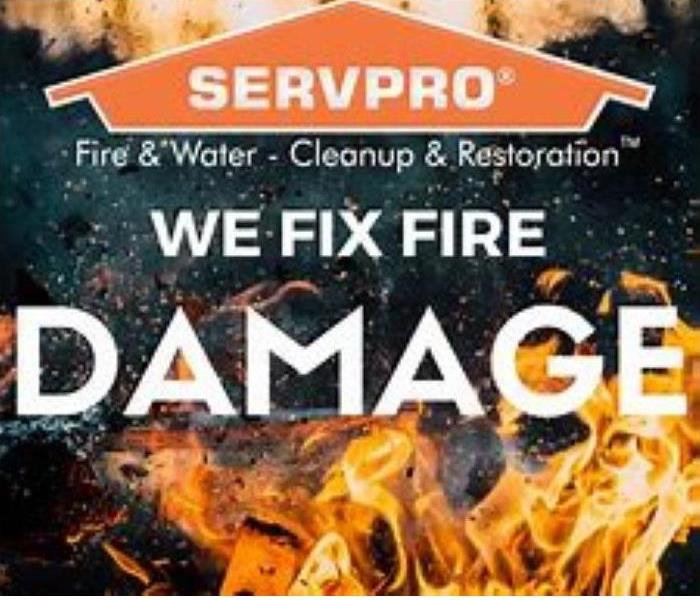Fire Hazards to Look Out for This Summer
5/13/2019 (Permalink)
4/29/2019
The weather is warmer, summer time is finally arriving! That being said, there are still a wide variety of fire hazards that you should watch out for, even during the warm months.
1. Grills: Whether you’re cooking burgers for the family event or grilling up kabobs for dinner, you will inherently deal with fire. Most are gas grills, which presents an even greater risk. In fact, the NFPA (https://www.nfpa.org/News-and-Research/Data-research-and-tools/US-Fire-Problem/Home-Grill-Fires) reports that an average of 9,600 home fires are caused by grilling each year. Here are some fire safety tips for the grill:
- Always check for any potential fire hazards before firing up the grill.
- If the grill does not light the first time, let the gas dissipate for at least 5 minutes before attempting to light the grill again.
- Be sure the grill is clean before using to get rid of oil and gas residue.
- Make sure the grill is set up in an open, outdoor area and keep it a good distance from the house and railings.
2. Dryers: This is a fire hazard year round. In fact, the leading cause of clothes-dryer related fires is a failure to keep the lint baskets clean. Lint is combustible. Lint causes fires. It takes seconds to clean out the lint basket, so just make a habit of it when you get your clothes out of the dryer. If you have space for a clothesline in the spring and summer months- use it! There’s nothing better than fresh, air dried clothes. The NFPA also recommends cleaning out the vent pipe at least once a year so lint or other flammable particles do not get stuck in the vent pipe.
3. Outdoor Fire Pits and Bonfires
The necessary safety precautions for an outdoor fire pit are pretty obvious, but keep these in mind when you’re having a party on a cool spring night.
- Always have an adult present around a fire- never leave children unattended!
- Always have a bucket of water or a water hose available nearby if things get out of hand.
- Build the fire away from homes, porches, low-hanging trees, or any other fire hazards.
- Monitor how much leaves, pine needles, pine needs, paper, and other contents into the fire since these items catch fire quickly and result in high flames and floating embers.
- Always put the fire out completely before leaving the fire unattended. Don't expect it to die down on its own!




 24/7 Emergency Service
24/7 Emergency Service